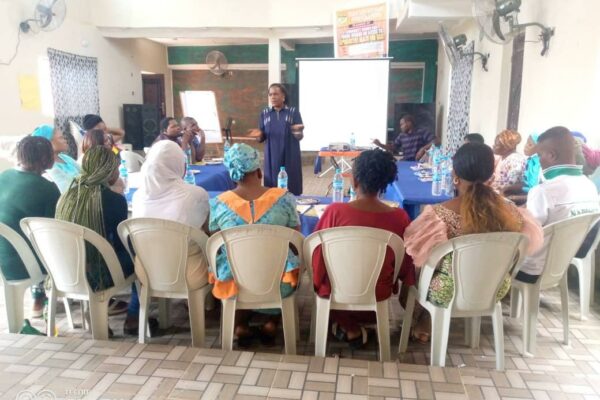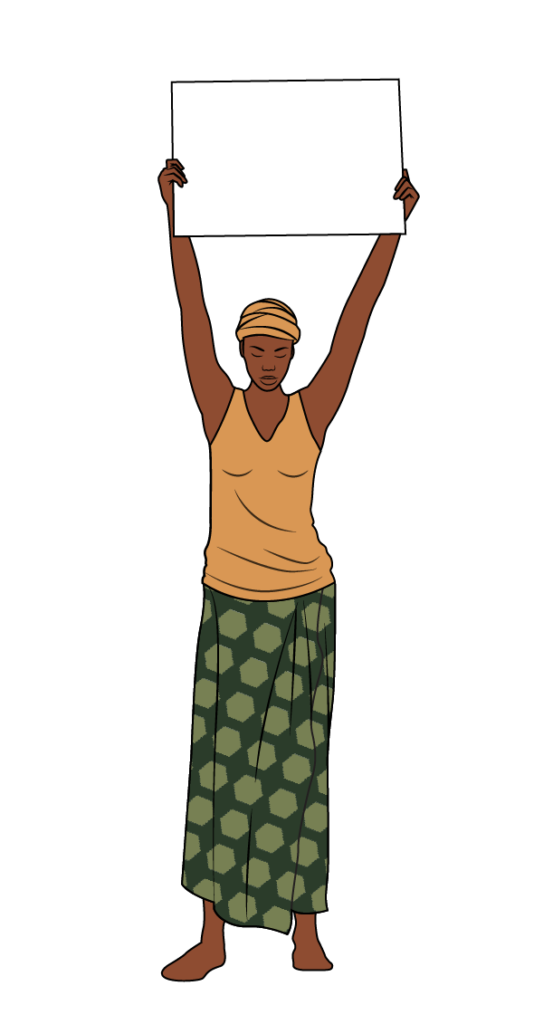In Sierra Leone, too many women and girls are still suffering under the existing Offences Against the Person Act of 1861 that criminalizes abortion in Sierra Leone, a century before the country won independence from Britain. Previous attempts at reform have failed, including in 2015, when MPs passed an abortion law that would have allowed terminations up to 12 weeks of pregnancy. The bill was blocked by the then president, Ernest Bai Koroma, amid pressure from religious and anti- abortion groups. and as a result, even when a girl or woman was legally eligible for a safe abortion they would opt for an unsafe, backyard abortion. There was a fear of being ostracized, and strong religious beliefs. The Women’s Health and Reproductive Rights Sierra Leone (WHRRO) is implementing several project activities in two districts
(Bombali and Karana) in Northern region. The project activities are funded by International Planned
Parenthood Federation, hosting the Safe Abortion Action Fund (SAAF) and Africa Women’s Development Fund (AWDF). We sought to improve knowledge and support among community leaders, duty bearers and the public for the repeal of the existing Offences Against the Person Act of 1861 which impede access to safe abortion care; improve access to quality safe abortion care and SRHR services and reduce abortion stigma. These activities include value clarification and attitude transformation workshop, community outreach, awareness creation including the use of drama, radio discussions and training of partners in the health sector to address issues of stigma and discrimination associated with abortions in rural communitiesof Sierra Leone.

Engagement with Stakeholders from all sectors
The increased knowledge about SRHR within these targeted communities, opened opportunities to engage and sensitise the cultural and religious stakeholders. In the past, these traditional and religious leaders were not fully supportive of the safe abortion agenda which lead to the previous attempts reform failed in 2015 due to a limited understanding and knowledge which was extremist.
Before some traditional leaders considered the abortion agenda as taboo and thought abortion was negatively impacting the way of life for communities. The continued engagement with these leaders through value clarification attitudes and transformation has resulted in more progressive attitudes on access to abortion and SRHR. At a time when sexual and reproductive health rights for women are either being overturned or threatened, we are proud that there were significant results from the projects funded by SAAFUND and AWDF around the transformation of communities’ attitudes. Targeted Communities were now more accommodating of women and girls who had an abortion, and religious and cultural leaders made a commitment to be non-judgmental and learn more about how they could destigmatize abortion.
September 28 International Safe Abortion Day Community parade

During this year International Safe Abortion Day September 28, we carryout community-to-community parade to address negative social norms surrounding abortion during uncertain times by disseminating facts on the rates of unsafe abortion, the consequences of illegal and unsafe abortion, as well as the benefits of access to legal and safe abortion on an individual and societal level. Finally we’ve seen a noticeable decrease in general stigma towards girls and young women who seek safe abortion services rural communities.



